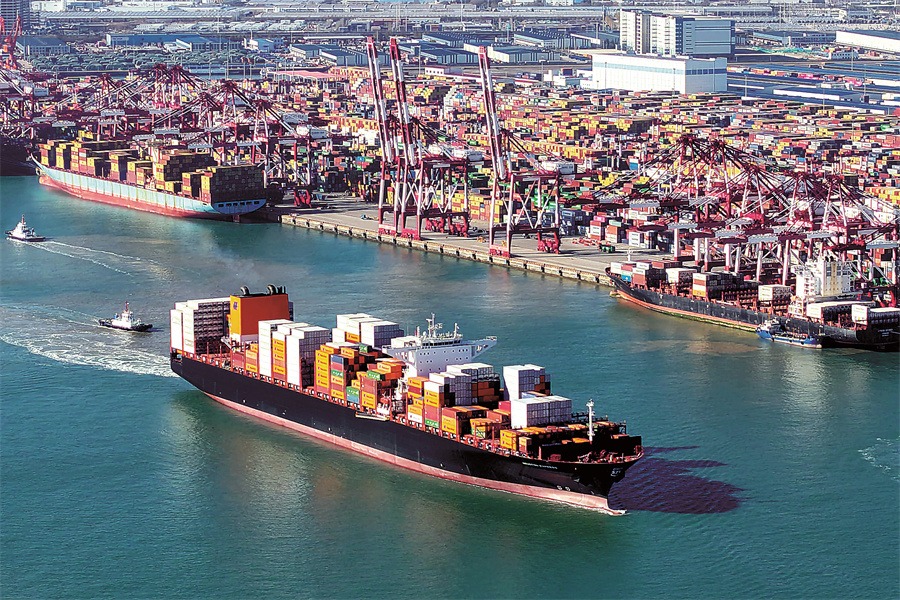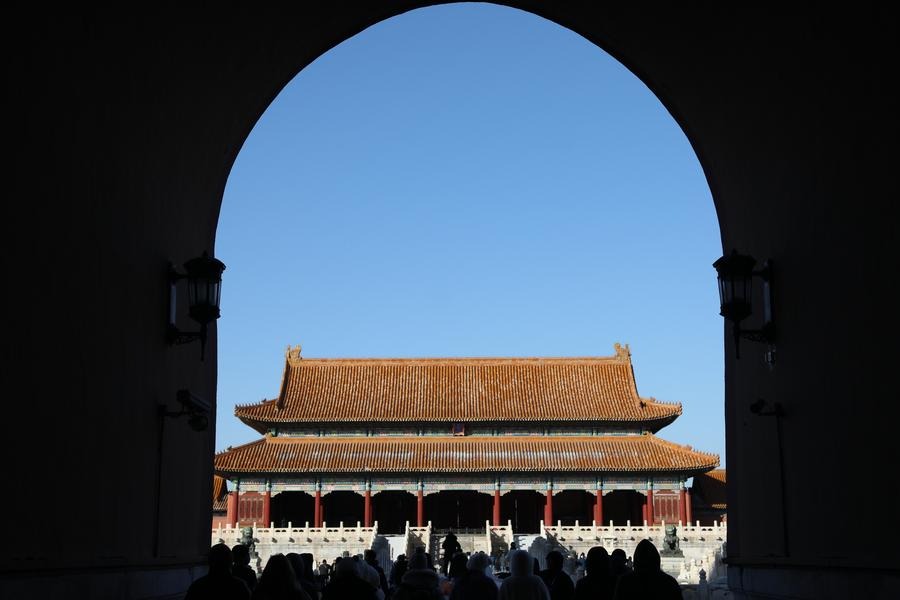America's deep-sea grab: A threat to global commons


US President Donald Trump recently signed an executive order aimed at advancing the deep-sea mining industry. This directive mandates the US government to accelerate the review of seabed mining permits in areas beyond national jurisdiction under the 1980 Deep Seabed Hard Mineral Resources Act and establish procedures for issuing permits for resource development on the continental shelf beyond 200 nautical miles. This move has sparked widespread attention and fierce controversy within the international community. The United States' "selfish" and "capricious" approach to this issue contravenes the fundamental spirit of international law, laying bare its utilitarian stance of embracing international law when convenient and discarding it when not. This behavior poses a grave threat to the fair utilization and sustainable development of global marine resources.
The legal status of the international seabed area — regions beyond any nation's jurisdiction — is explicitly defined under international law. The United Nations Convention on the Law of the Sea (hereafter the "Convention") designates the international seabed area (referred to as the "Area") and its resources as the common heritage of mankind. It stipulates that all rights to the resources in the Area are exercised by the International Seabed Authority (ISA) on behalf of humanity as a whole. This principle of the common heritage of mankind forms the legal foundation for the Area's governance regime.
The resources of the Area belong neither to any single nation nor private entities but are shared by all humanity. This principle was established to ensure that the exploration and exploitation of marine resources benefit the global community, particularly developing nations lacking the technology and funding to participate independently. To this end, the Convention created the ISA as an international body tasked with overseeing the exploration and development of mineral resources in the Area. The ISA's responsibilities include formulating development rules, approving mining applications, collecting fees, and distributing profits to guarantee that resource exploitation proceeds on a fair, transparent and sustainable basis. While the ISA's legislation binds only its member states, many of its provisions — beyond mere technical regulations — embody rules of customary international law, obligating even non-member states.
The legal status of the Area and its exploration and development framework reflect a global consensus on the collective management and equitable sharing of its resources. This consensus has gained widespread recognition from the international community and has been consistently upheld in practice. Over the past few decades, the legal convictions and state practices of international actors demonstrate that the principle of the common heritage of mankind has evolved into a rule of customary international law with universal binding force.
In the 1970s, as deep-sea mining technology emerged, the United States actively participated in shaping the rules for international seabed resource development. However, its underlying motive was to expand national interests through institutional design, seeking dominance over the Area and securing disproportionate or even exclusive benefits. Once the Convention's draft text took shape, provisions such as the "parallel development system", profit-sharing, and technology transfer requirements dissatisfied the US. Its refusal to join the Convention stems directly from its stance on international seabed resource development. The Convention mandates that resource extraction occur under ISA oversight, with a portion of profits supporting developing countries — a requirement at odds with America's pursuit of maximizing its own gains. As a technologically and economically powerful nation, the US evidently prefers to extract seabed resources at minimal cost with maximal control.
In 1980, the US enacted the Deep Seabed Hard Mineral Resources Act, explicitly stating its aim to establish a system aligned with American values. This law authorizes US companies to explore and develop the international seabed area while providing legal protections. Though it nominally acknowledges deep seabed resources as humanity's common property, it simultaneously asserts America's right to freely pursue commercial exploration and development. This legislation has since underpinned US deep-sea mining policy and law. Clearly, this domestic statute directly challenges the Convention's regime for managing and developing the Area's resources. By prioritizing domestic law over international norms, it carves out an "exception" to the unified international framework, signaling a decisive shift toward unilateralism in US policy on the Area's resources. For years, the international community and scholars have voiced deep concerns, arguing that this stance and its actions undermine global cooperation in the Area, risking disorderly exploitation and ultimately harming humanity's shared interests.
Since President Trump took office, his "America First" policy has amplified domestic calls for unilateral seabed mining. The recent executive order explicitly endorses US companies' activities in the international seabed area while attempting to circumvent ISA oversight. Rooted in America's long-standing covetousness of seabed resources, this move vividly exemplifies its "selfishness" and "capriciousness" in global marine governance. The underlying logic is that bypassing the Convention and the ISA allows the US to access resources more swiftly and directly, bolstering its economic competitiveness and resource autonomy.
Developing the Area's resources is a complex endeavor that affects the entire international community's interests. Unilateral actions outside the existing regulatory framework could trigger uncoordinated and substandard mining practices, potentially plunging the Area into a "tragedy of the commons" marked by destructive competition and environmental degradation. Cloaked in claims of "priority" and "exceptionalism", America's irresponsible approach to seabed mining threatens the authority of international law and the stability of the global marine order. It risks reducing the common heritage of mankind to an empty phrase. In response, the international community — especially countries of the Global South — must deepen cooperation to uphold international law, resist unilateralism, and ensure that the Area's resource development benefits all of humanity.
Ding Duo is director of the Center for International and Regional Studies at the National Institute for South China Sea Studies.
The views don't necessarily reflect those of China Daily.
If you have a specific expertise, or would like to share your thought about our stories, then send us your writings at opinion@chinadaily.com.cn, and comment@chinadaily.com.cn.


































